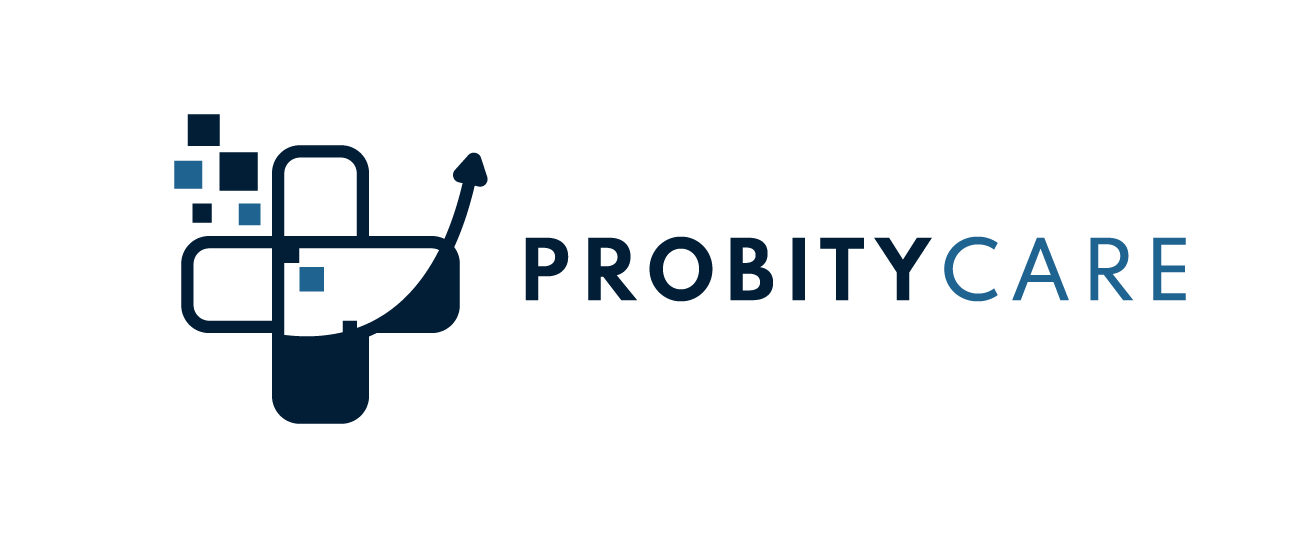If you are a physician or a healthcare provider, you may have heard of the terms practice management software (PMS) and electronic health records (EHRs). But do you know what they are and how they differ from each other? In this blog post, we will explain the main features and benefits of both PMS and EHRs so you can decide which one is best for your practice.
What is Practice Management Software?
Practice management software is a software system that helps you manage the administrative and financial aspects of your medical practice. It can help you with tasks such as:
- Scheduling appointments and managing calendars
- Sending reminders and confirmations to patients
- Billing patients and insurance companies
- Processing payments and generating reports
- Managing inventory and supplies
- Tracking referrals and authorizations
- Communicating with staff and patients
Therefore, practice management software can help you streamline your workflow, reduce errors, save time, and increase revenue. Additionally, it can also integrate with other software systems, such as EHRs, to share data and improve efficiency.
What is Electronic Health Records (EHR)?
On the other hand, electronic health records, or EHRs, are digital versions of patients’ medical records. They contain information such as:
- Medical history, diagnoses, medications, and allergies
- Immunization dates, vital signs, and test results
- Radiology images, lab reports, and clinical notes
- Treatment plans, prescriptions, and referrals
- Patient demographics, insurance, and consent forms
As a result, using electronic health records can help you improve the quality and continuity of care for your patients while also enabling you to:
- Access and update patient information anytime, anywhere.
- Share information with other providers and organizations.
- Use evidence-based tools and guidelines to support decision-making.
- Automate and streamline clinical documentation and coding.
- Engage patients and empower them to access their own records.
- Participate in quality improvement and research initiatives.

How Do They Differ?
Practice management software and electronic health records are both essential tools for modern healthcare practices. However, they have different functions and purposes. Here are some of the key differences between them:
- Practice management software focuses on the business side of your practice, while electronic health records focus on the clinical side.
- Practice management software helps you manage your practice’s operations, finances, and communication, while electronic health records help you manage your patients’ health information and care delivery.
- Practice management software is mainly used by administrative and billing staff, while electronic health records are mainly used by clinical staff and providers.
- Practice management software can work independently or integrate with electronic health records, while electronic health records usually require practice management software to function properly.
Which One Do You Need?
The answer to this question depends on your practice’s needs and goals. Ideally, you should have both practice management software and electronic health records to optimize your practice’s performance and outcomes. However, if you have to choose one, you should consider factors such as the size and specialty of your practice, the complexity and volume of your workflow, the regulations and standards that apply to your practice, the budget and resources that you have available and the features and functionalities that you value most.
Furthermore, to help you make an informed decision, you should also compare different software options and vendors, read reviews and testimonials, request demos and trials, and ask for references and support. If you need help finding the right EHR check this post where we dive deep into this topic Choosing The Right EHR For Your Practice: 5 Tips To Consider.

Practice management software and electronic health records are two different but complementary software systems that can help you run your practice more efficiently and effectively. Therefore, they can help you improve your practice’s productivity, profitability, and patient satisfaction.
However, they have different features and benefits, some software offer only one of them while others integrate them both, so you should analyze and choose the one that best suits your practice’s needs and goals.

